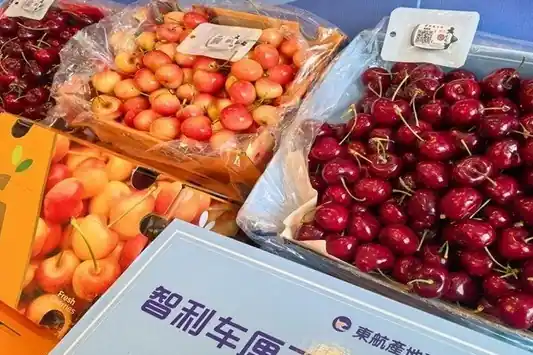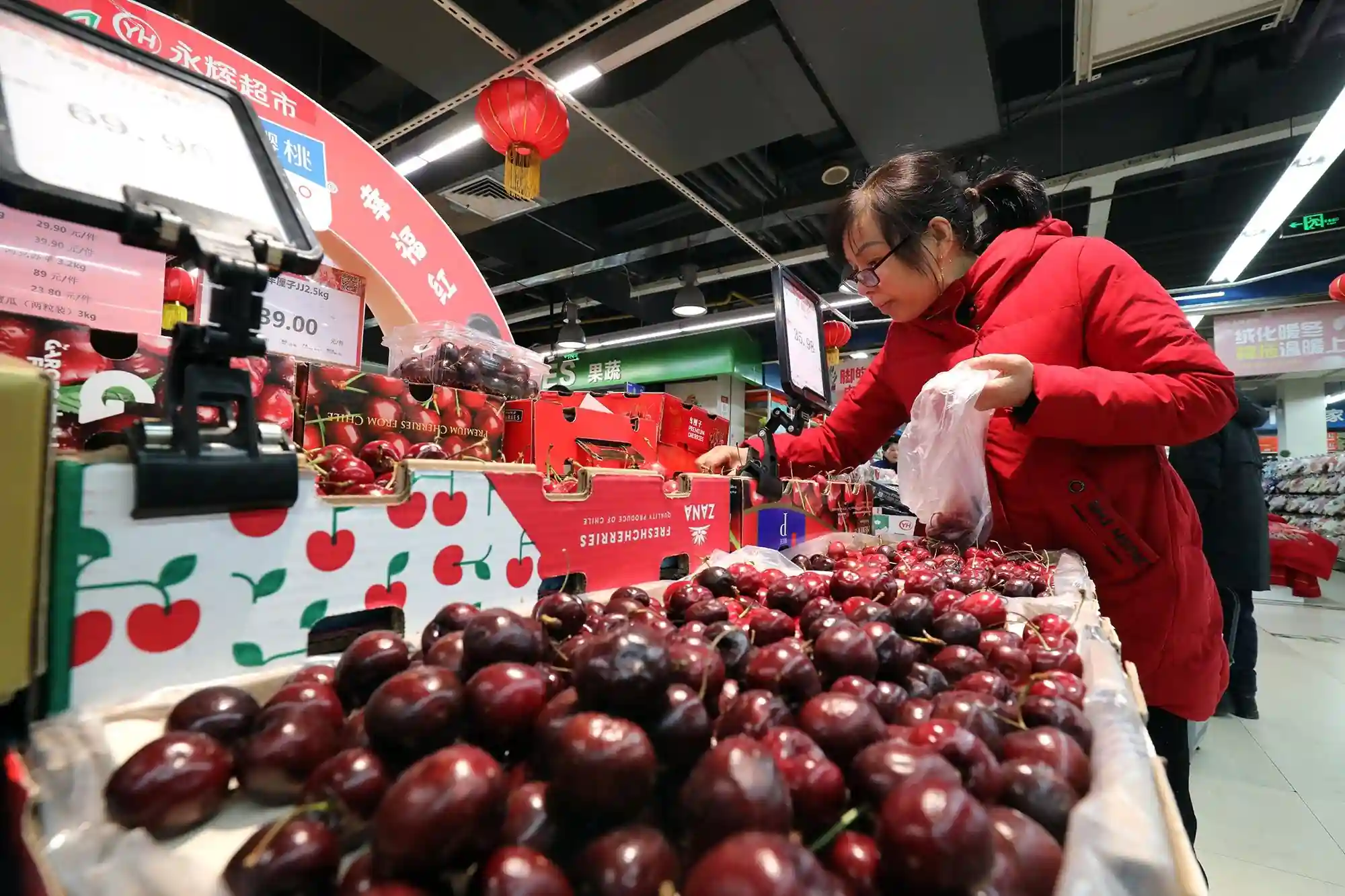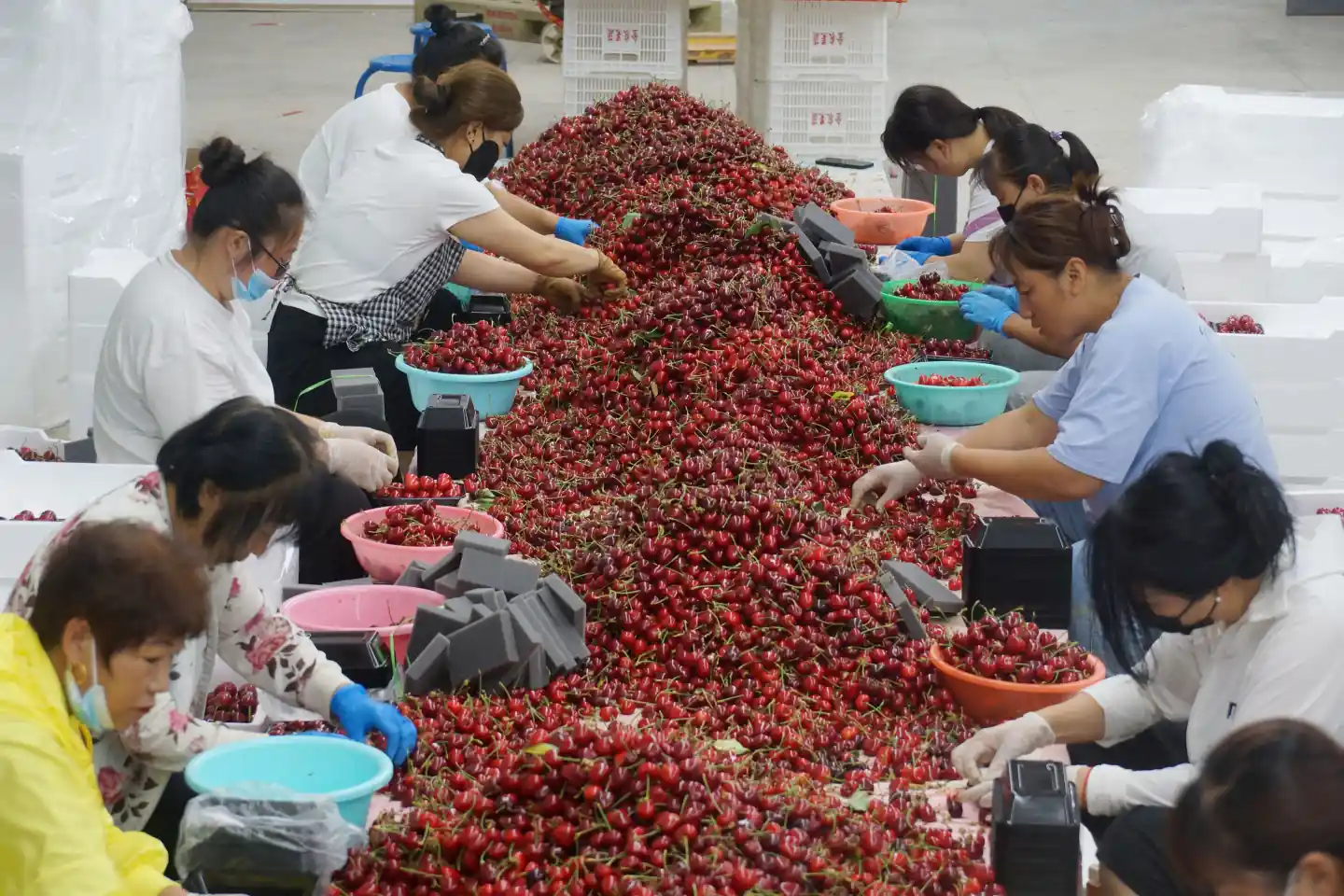During the recent visit of Spanish President Pedro Sánchez to China, the China-Spain Action Plan for strengthening the global strategic partnership (2025-2028) was announced, which states that "Both countries express their intention to sign protocols for the export to China of fresh cherries and pork from Spain, as well as to start negotiations to facilitate the entry of other agri-food products."
This news not only marks a diplomatic breakthrough but also a great commercial opportunity for the Spanish agricultural sector. Why is the cherry the first fruit included on the import list in China? Below I answer this question from a cultural and commercial perspective:
The cherry: the fruit that represents luxury, health, and prosperity
In China, the cherry is much more than a fruit: it is a symbol of status and quality of life. With rising income levels, the middle class is gaining greater purchasing power and places more importance on healthy eating.
This has led to a growing demand for imported and high-quality products, especially in major cities like Beijing, Shanghai, or Guangzhou. Thanks to its sweet taste and attractive appearance, the cherry is considered a premium fruit and a luxury gift.

Its bright red color — associated with good fortune in Chinese culture — evokes prosperity and luck. For this reason, it has become a highly appreciated gift during festivals such as the New Year, as a sign of generosity and a wish for prosperity.
This explains the boom in cherry imports from countries like Chile, especially in the months leading up to the Lunar New Year. Moreover, thanks to its high nutritional value — rich in vitamin C, antioxidants, and iron — it is perceived as a fruit that brings beauty and well-being. For this reason, it is particularly popular among young women and urban consumers.
Boosting e-commerce and emotional marketing
Thanks to the rise of e-commerce in China, platforms like Tmall and JD.com have turned cherries into a viral product. Visual campaigns, festive promotions, and live broadcasts have made cherry consumption an emotional and desirable experience.
On social media, the expression “樱桃自由” (cherry freedom) has even emerged to describe the economic level at which one can afford to buy cherries without looking at the price. This expression has become a symbol of aspirational consumption.

What opportunities for Spain
China's domestic cherry production is not sufficient to meet the growing demand of the market, forcing the country to rely on imports, mainly from Chile and the United States.
However, due to political tensions with the United States, China is actively seeking new trade partners, especially to cover demand for this fruit in spring and summer.

Spain, with its excellent fruit quality, climate diversity, and experience in sustainable production, is in a privileged position to take advantage of this opening. Now that the Chinese market is within reach, Spanish companies must be ready to compete not only in terms of taste but also in story, brand, and cultural value.
Liyun Wang
Business consultant, Spain
Cherry Times - All rights reserved













